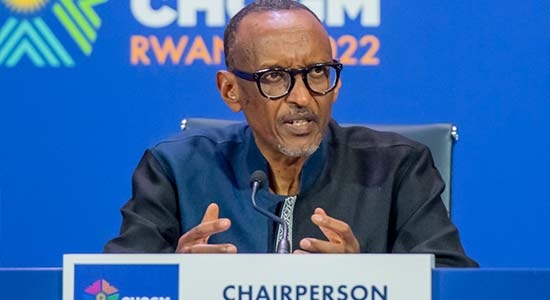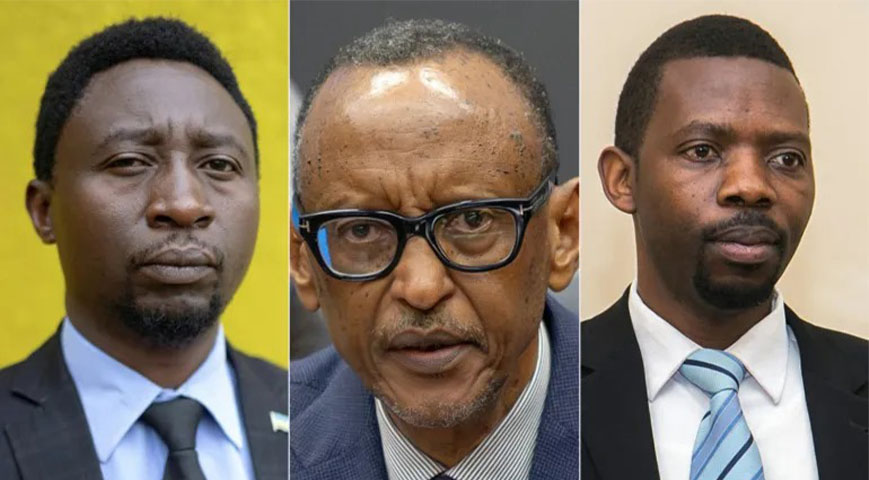Rwandan voters go to the polls to elect their next president, with 66-year-old incumbent Paul Kagame being the favorite candidate to win.
Polling stations opened at 7 a.m. local time (0500 GMT) for more than 9 million eligible voters to vote for the president and legislators. Provisional results are anticipated by July 20.

On the streets, most voters indicated they would vote for Kagame, whom they praised for rescuing the 14 million-strong country from the devastation of the 1994 genocide by focusing on development and implementing good social services.
"Kagame has achieved a lot for us ... we have security, all children are able to go to school, and they get meals at school," said Tuyiringirimana Olivier, a construction worker who lives in Rwanda's southern province.
Kagame, who commanded a rebel group that took control following the genocide in 1994, has been president since 2000. He is up against two other candidates, Frank Habineza and Philippe Mpayimana, who both challenged him in the 2017 election.

Several other contenders, including some of Kagame's most vociferous detractors, were disqualified for various reasons, including past criminal convictions.
Kagame received over 99% of the vote in the 2017 election, which followed a constitutional amendment that removed term limitations that would have stopped him from running again.
He has received praise for converting Rwanda into a prosperous economy. Still, he has also faced condemnation from rights campaigners and Western nations for muzzling the media, suffocating dissent, and supporting rebel groups in northern DRC.
Rwanda's government has disputed all claims against it, and while campaigning, Kagame vowed sustained progress and stability.
Rwanda's human rights record was highlighted when it signed a migration agreement with the UK in 2022 to accept thousands of asylum refugees. Britain's new administration has stated that it will cancel the agreement.









